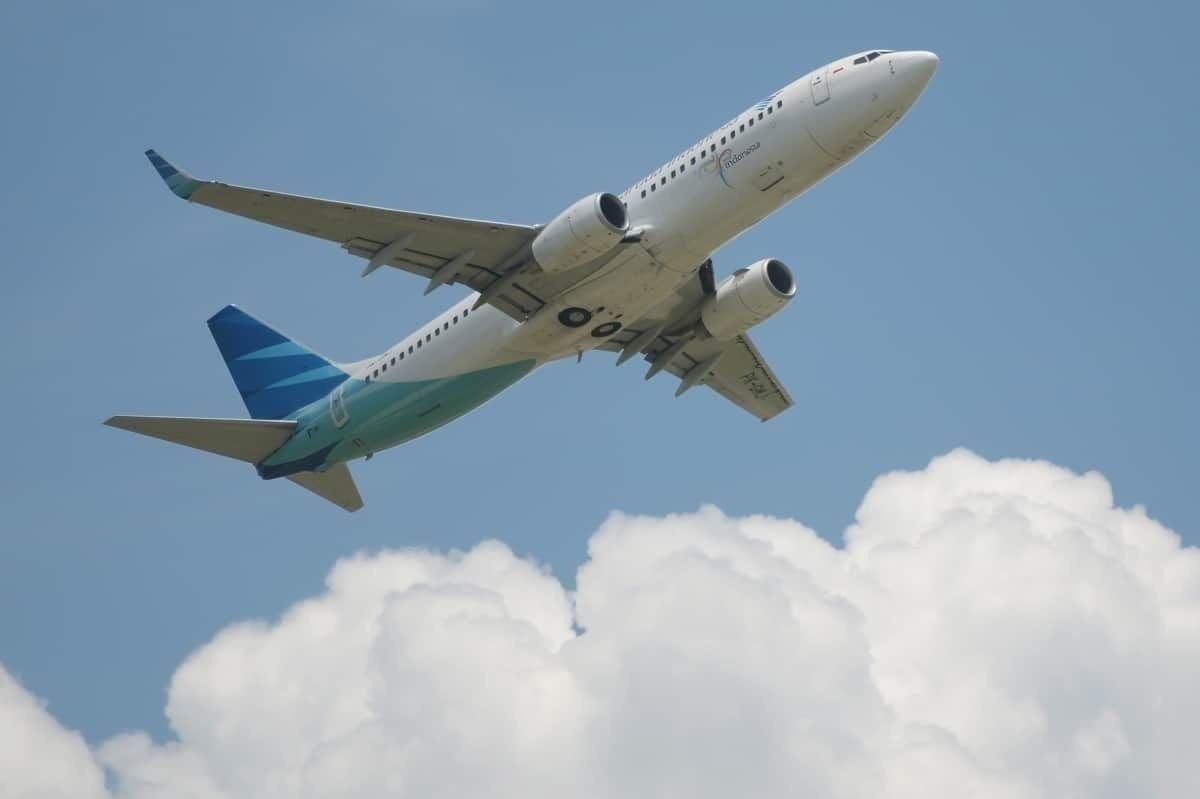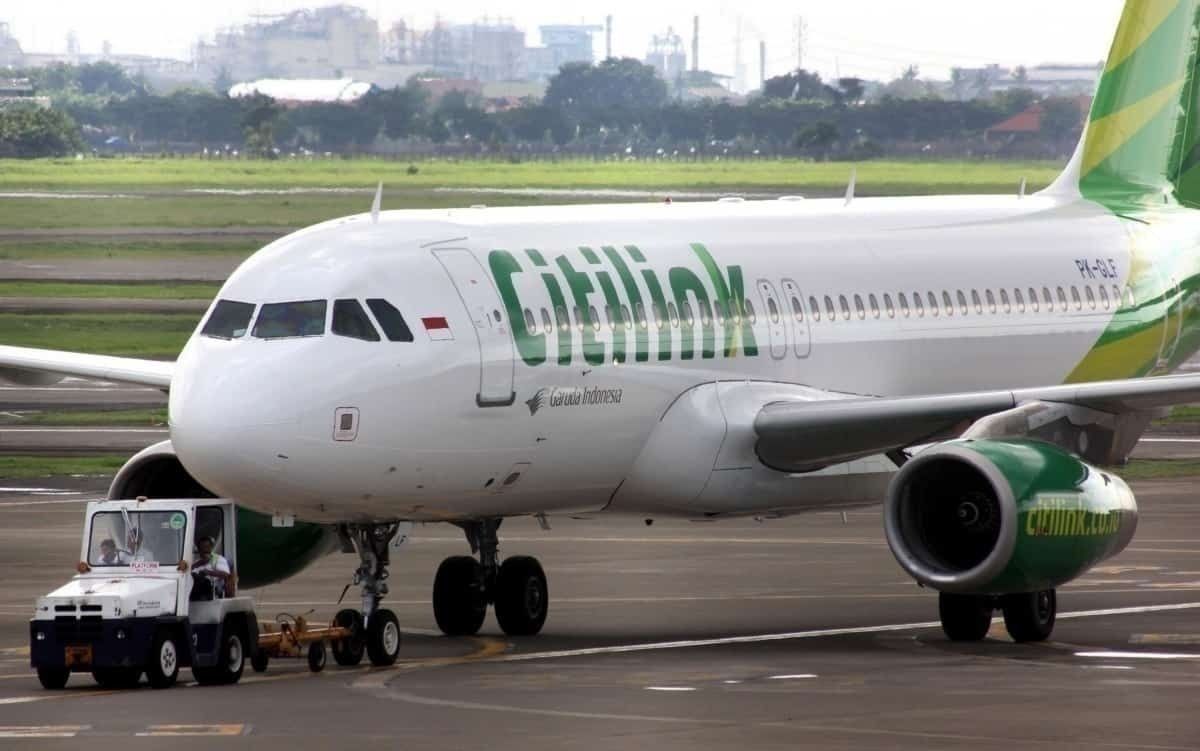Garuda Indonesia is to merge with other state-run companies to cut costs. The Indonesian government has decided to merge Garuda Indonesia, its offshoot Citilink, and several tourism companies, all under one umbrella.
The government hopes that it will eliminate unnecessary costs and allow the new company to develop initiatives like discount travel packages. The move will also help the government to prop up Garuda Indonesia after the airline fell into the red following the COVID-19 global pandemic.
Stay informed: Sign up for our daily aviation news digest.
The holding company is travel-related
The idea of forming the holding company has the backing of Indonesian President Joko Widodo. As well as the two airlines, the new company will oversee several companies that participate in the tourism sector, including Hotel Indonesia Natour.
Hotel Indonesia Natour owns 14 properties on Bali that include the 5-star Nusa Dua beach resort. Other companies involved in the new alignment include one that looks after Indonesia's UNESCO World Heritage Sites and the massive Sarinah department store in Jakarta.
The ultimate aim is to integrate all state-owned travel-related companies to work together and offer cheaper vacation packages to tourists.
The new company will help Garuda Indonesia
The new holding company's size should also make it easier for entities like Garuda Indonesia to secure financing from banks. For some time, President Widodo has wanted to combine companies in the travel sector, knowing how vital tourism is to the Indonesian economy.
At a ministerial meeting about the coronavirus held in August, Asian business news outlet Nikkei Asia quotes Widodo as saying,
"The headwinds in the travel industry provide a good opportunity to start integrating and transforming the tourism and aviation sectors."
Many outside observers believe that the idea of merging the companies is to shake up Garuda Indonesia's management. The countries national flag carrier fell into the red for the first half of the year, losing $723.26 million.
In addition to this, Garuda Indonesia owes $76 million to Indonesian airport management companies that are set to become a part of the new holding company. By putting a large part of the travel sector under one roof, the airline will have a more manageable time restructuring its debt.
Tourism accounts for 5% of GDP
Tourism in Indonesia accounted for 5% of the countries gross domestic product in 2019, with the island of Bali a huge source of foreign revenue. Following the outbreak of COVID-19 and its subsequent spread worldwide, tourism and air travel have taken a nose dive off a cliff.
The Indonesian government closed the country to foreign tourists back in April. Despite an ambitious plan to reopen Bali in September, the island's government gave up after not receiving a directive from the central government.
Indonesia is currently seeing between three and four thousand coronavirus cases a day and does not indicate any plans to welcome back tourists anytime soon.
Putting all state-owned travel sector companies in one holding company may save on administration and allow deals to be done more easily between them, but it is not the answer.
Until COVID-19 is under control, it does not matter how you try and juggle the books; the outcome will be the same no tourists equals no money.
What do you think of the Indonesian government's plan? Please tell us your thoughts in the comments.


